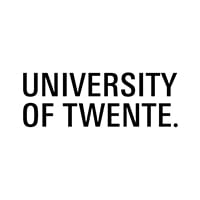Job description —————— You will develop a mathematical framework for multiple testing, enabling flexibility in study design, analysis, and model choice while retaining strong error guarantees. This means that researchers…
-
PhD Research Project
-
 Research Assistantship (RA)
Research Assistantship (RA)
-
 On Campus
On Campus
-
 Deadline: August 30, 2025
Deadline: August 30, 2025
-
 University of Twente
University of Twente
-
 Netherlands
Netherlands
-
 Save
Save
- View Position

Looking for reserach positions?
To match you with the most relevant PhD programs, PhD research projects, or postdoc positions through our matchmaking algorithms you need to sign up and log into your account:
Try for free
 University of Twente
University of Twente